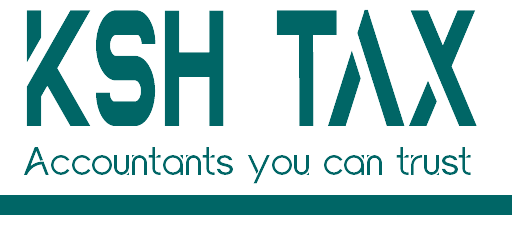Dealing with taxes gives most individuals butterflies in their stomachs, but the key to beating this feeling is to learn and understand more about them.
Know the key dates and deadlines to avoid crucial penalties and ensure you’ve met your obligations.
Whether you are a salaried employee or self-employed, knowing all about taxes and how you are required to file is an essential task that everyone should undertake.
What is an individual tax return?
An individual tax return is a form that Australian taxpayers must submit yearly to the ATO to calculate how much tax they owe and report their income.
Income taxes tell one whether they’ve overpaid or underpaid taxes during the year.
The tax year in Australia
In Australia, filing and submitting tax returns for the income earned are to be submitted during the financial year.
What is the tax return deadline for individuals?
Tax return deadlines may vary slightly, depending on whether an individual is lodging the returns themselves or through a registered tax agent.
1. Self-lodgment (no tax agent)
Self-submitting tax returns without the help of a tax agent has a deadline of October 31, following the end of the financial year.
For example; 2024-2025, the deadline for lodging your returns would be October 31, 2025.
If the date falls on a weekend, it will be extended to the next business day.
2. Lodging with a registered tax agent
The deadline for filing returns will be different if you are using services from a registered tax agent.
Usually, with an agent, the deadline is extended to May 15 of the following year.
However, to qualify for this extension, you must have engaged a registered tax agent to lodge on your behalf before October 31.
You need to be sure that your data has been submitted on time, regardless of whether you use them for their services or not.
What happens if you miss the deadline for contacting a tax agent? If that’s the case, you will be required to lodge your returns by the standard deadline set by the ATO.
What are the penalties for missing the deadline?
Most of the time, individuals who fail to lodge their returns on time usually get financial realities.
The longer one stays without lodging in their return, the higher the penalty charges will be.
Here are some of the potential consequences you will face if you miss the filing deadlines as follows;
1. Failure to lodge penalties (FTL)
The ATO may impose a penalty if you fail to lodge your tax return by the due date and on time. The penalty will be calculated based on the lateness of your returns.
Generally, the tax office sends you a letter to notify you of the penalty, but you can request a remission if you have a reasonable excuse for lodging late returns.
2.Interest charges
Apart from the penalties that the Australian tax office will charge you, you will also be charged with interest on any unpaid tax liabilities you may have if your tax return is filed late.
3. Risk of audit
Individuals who file late tax returns may raise red flags with the Australian tax system, which may lead to audits or reviews of their tax accounts.
What to do if You can’t meet the deadline
It’s good to take action if you notice you won’t have lodged in your tax returns on the expected dates. Here are a few options you can do to buy yourself some time;
- Request for an extension from the Australian tax office. If your reason is valid, you will be granted an extension.
- Seek help from a registered tax agent who can help you lodge your returns and, if possible, secure a later deadline.
- If you miss your deadline, ensure that you have lodged your tax returns late rather than not submitting at all.













